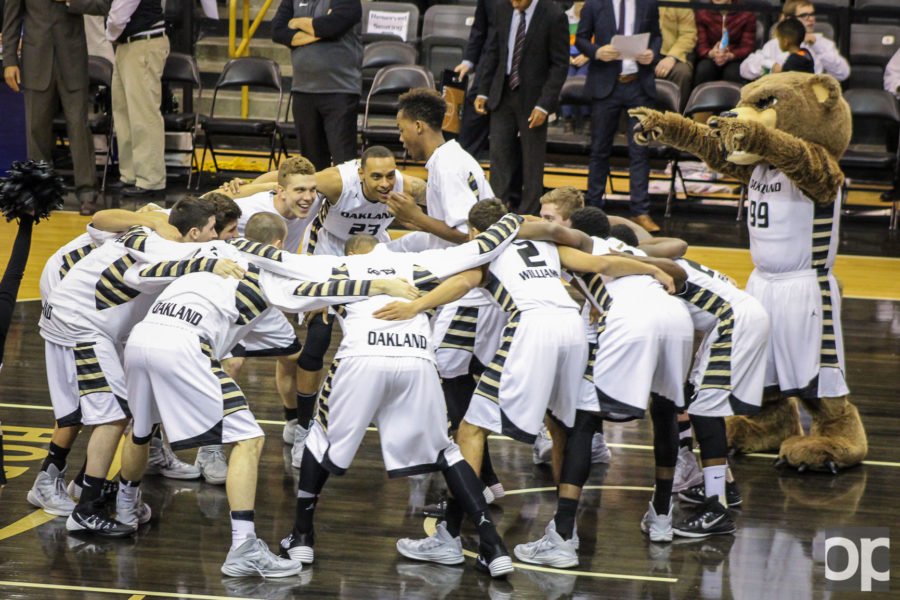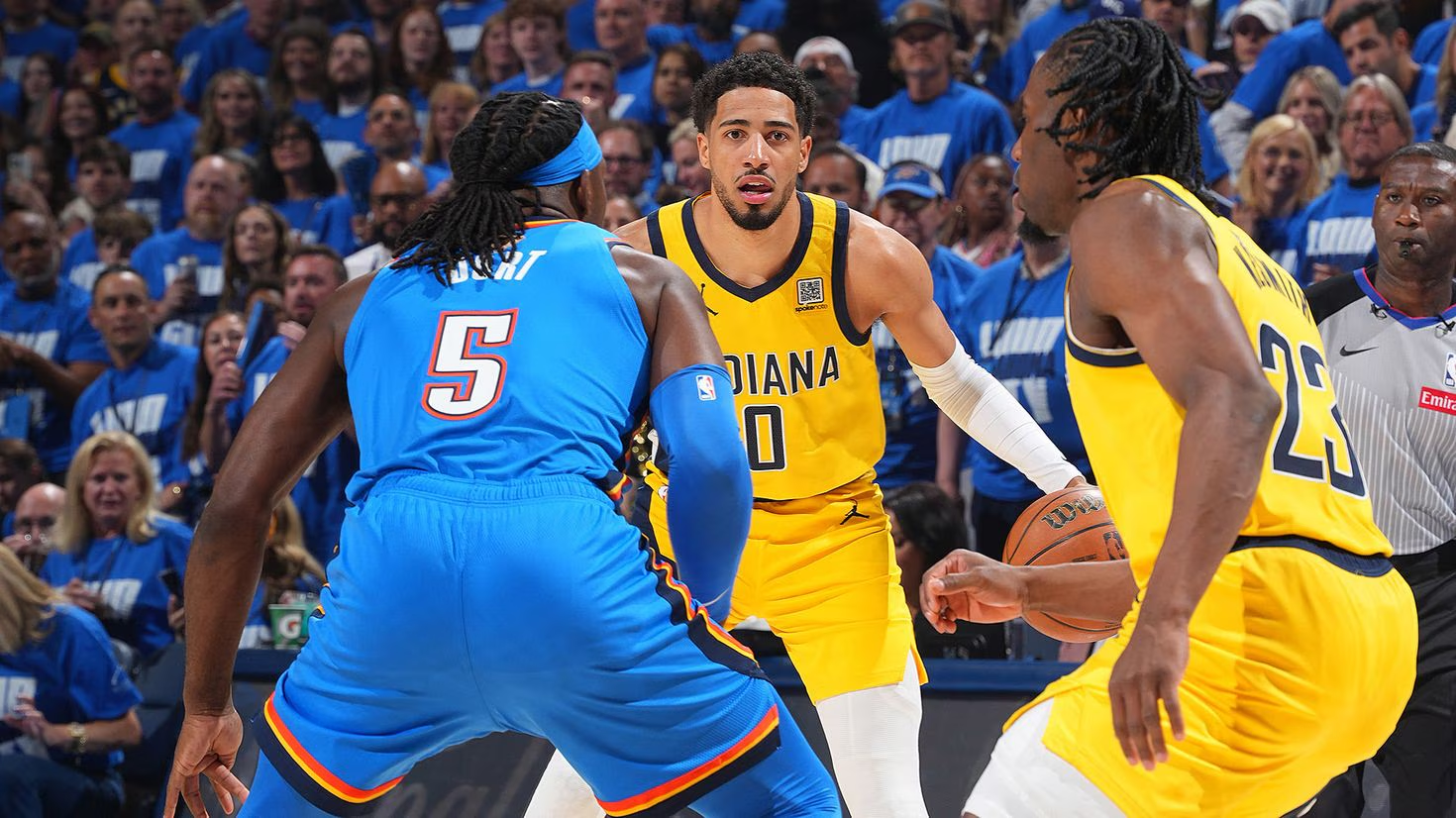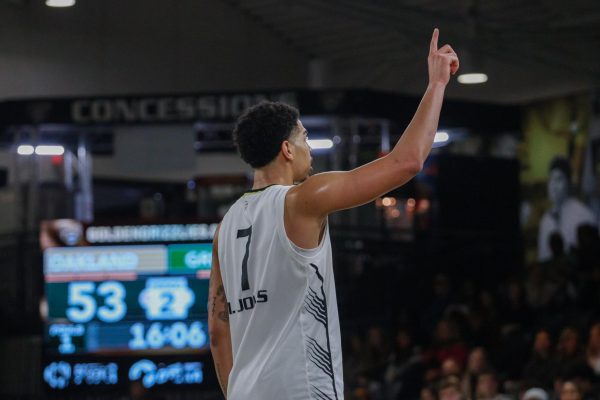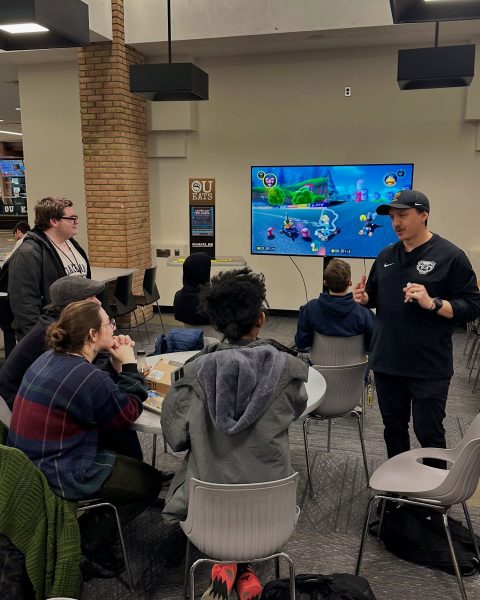Athletes: Private lives in the public eye
All eyes are on athletes when they are in the public. It comes with the territory and an athlete must know that there are certain expectations that have to be maintained when they are in the public.
Sunshine Week, a nationwide initiative to promote a conversation about the significance of an open government and freedom of information, is celebrated every March.
Events take place across the U.S. to encourage people to join the conversation on the public’s right to know. This dialogue on the freedom of information begs the question: how much does the public have a right to know?
Sunshine Week’s focus is on the government, but the same question needs to be asked on a personal level. The general public has become incredibly curious about the personal lives of people in the public eye.
Erin Meyers, OU assistant professor of communications, explains that it’s because the public idolizes people such as celebrities and athletes. With idolization comes a natural curiosity to know more about who they really are.
Scott MacDonald, a senior assistant athletic director in the OU athletic department, works with the media to promote the Golden Grizzlies inside and outside the lines of the game.
“When you are a high-level athlete, it is impossible to separate your athletic and personal life,” MacDonald said. “I’m not sure if it’s fair or not, but it’s the nature of the world.“
Athletes are certainly held to a higher standard. They represent the school or organization they play for, so what they do reflects on the entire organization.
Because of these obligations, the consequences of an athlete’s mistakes are much bigger than most. And when an athlete does something wrong, everybody wants to know about it.
But just because we want to know about it doesn’t mean we should. Where do we draw the line between what mistakes should be public knowledge and what should remain private? The truth is those lines have become very blurry.
All eyes are on athletes when they are in the public. It comes with the territory and an athlete must know that there are certain expectations that have to be maintained when they are in the public.
I think there are two important ethical questions that must be asked, regarding whether you should report on a negative aspect of an athlete’s personal life. Will it affect their game? How was this information attained?
Will it affect their game?
If the actions of a player have an affect on their team, it in turn affects the fans, so it’s news. If the actions don’t have any affect on the team, then it’s gossip. When an athlete is caught breaking a law it may result in a suspension or have some other affect on the team.
Because of this, when Adrian Peterson abuses his son, it’s news. What I don’t think is news is how many girls Patrick Kane has slept with in the last month. If the personal choices of athletes don’t affect the team, then they definitely don’t affect the fan. Therefore, it doesn’t need to be talked about.
How was the information attained?
With the increasing use of social media, the private lives of people in the public eye have become more accessible than ever.
“I wish everyone could have a personal life, but with the rise of technology, everyone’s life is on display and a lot of people make the mistake of putting their lives on display,” MacDonald said.
MacDonald raises an interesting point. Many athletes make their personal information public knowledge all by themselves. So why can’t news outlets? If the information is obtained with the permission of the athlete, then it’s ethically okay to report on it.
What I don’t find ethical is prying into the business of others without their permission. If someone is not putting their life on display themselves, you have no right to put it on display for them. Their right to control their own level of privacy should be respected.
If you are investigating the personal life of an athlete, the answer to question No. 1 must be yes. Otherwise, the story is unethical to pursue.
That is in my opinion, of course.







